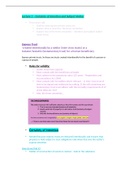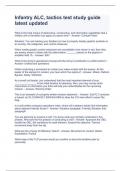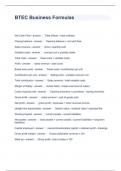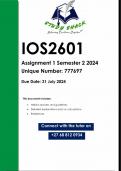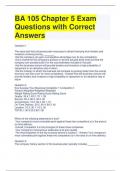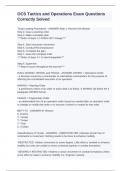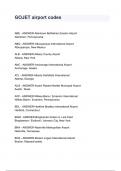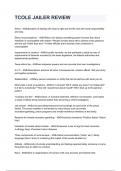Class notes
Full Lecture notes for the topic of Express Private Trusts
- Course
- Institution
• These lecture notes will: • Outline what express private trusts are • Explain what is meant by ‘the three certainties’ • Explore two of the three certainties – intention and subject matter (main focus)
[Show more]
